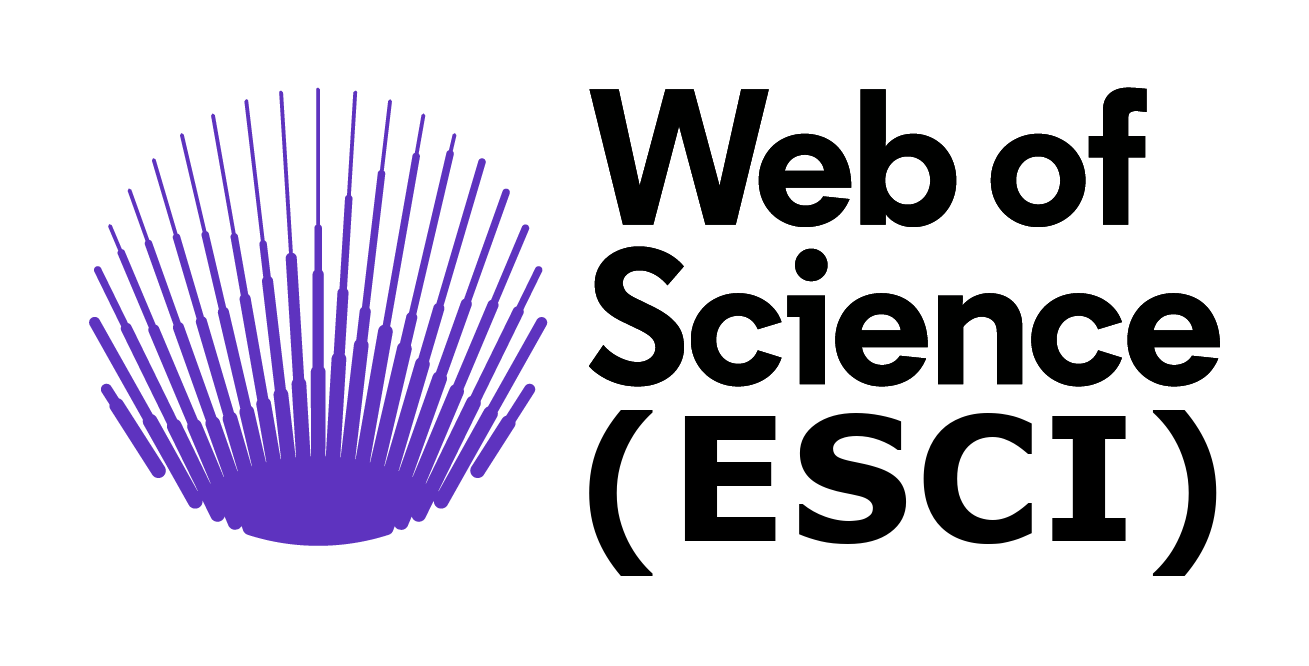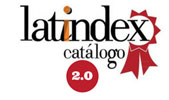Herramienta para evaluar cuantitativamente el proceso de formación informal que tiene lugar a través de una aplicación Facebook.
DOI:
https://doi.org/10.29019/enfoqueute.v8n1.137Palabras clave:
Proceso de aprendizaje informal, Facebook, evaluación cuantitativa.Resumen
El estudio del impacto de Facebook en el ámbito educativo ha estado basado, mayoritariamente, en el análisis cualitativo de los resultados de aprendizaje y de motivación de los estudiantes. El presente trabajo toma como punto de partida el uso de la aplicación Facebook Sigma por parte de estudiantes de la Universidad Técnica de Ambato, la que les permite compartir recursos educativos, en lo que constituye un proceso de aprendizaje informal que está teniendo lugar. Nos hemos propuesto construir Gamma, una herramienta para generar estadísticas y gráficos que ilustren el impacto de la red social en este proceso de aprendizaje. En el presente trabajo se presentan los resultados del estudio de cómo aquellos que aprenden de forma informal, valoran el uso de Gamma. Se comprobó que la aplicación 1) sirve de retroalimentación a los usuarios de la comunidad educativa con relación al valor de los recursos educativos y de las acciones sociales que tienen lugar y que 2) permite evaluar cuantitativamente el impacto del uso de Facebook en el proceso de formación informal. Como valor agregado, Gamma garantiza la comunicación entre usuarios adeptos y detractores del uso de Facebook en el ámbito educativo.
Descargas
Referencias
Astin, A. (1993). What matters in college: Four critical years revisited. The Journal of Higher Education.Washington, 22(8).
Brech, F., Messer,U., Vander Schee, B., Rauschnabel, P., y Ivens, B. (2016). Engaging fans and the community in social media: interaction with institutions of higher education on facebook. Journal of Marketing for Higher Education, 1–19.
Chun-Jung, C., y Sheng-Yi, W. (2015). A case study exploring junior high school student’s interaction behavior in a learning community on Facebook: Day and time. International Journal of Learning, Teaching and Educational Research, 12(2), 99–106.
Cunha, F.R., van Kruistum, C., y van Oers, B. (2016). Teachers and facebook: using online groups to improve students’ communication and engagement in education. Communication Teacher, 30(4), 228–241.
Fernández-Peña, F., y Urrutia-Urrutia, P. (2016). Construcción de un repositorio digital académico utilizando facebook. Tecnología, innovación e investigación en los procesos de enseñanza-aprendizaje. Edit. Octaedro.
Gómez, M., Roses, S., y Farias, P. (2012). The Academic Use of Social Networks among University Students. Comunicar, 38, 131 – 138.
Gordon, J. (2014). How is language used to craft social presence in facebook? a case study of an undergraduate writing course. Education and Information Technologies, 21(5), 1033–1054.
Junco, R. (2011). The relationship between frequency of Facebook use, participation in Facebook activities, and student engagement. Computers and Education, 58(1),
162–171.
Junco, R. (2012). Too much face and not enough books: The relationship between multiple indices of Facebook use and academic performance. Computers in Human Behavior, 28(1), 187–198.
Junco, R. (2015). Student class standing, Facebook use, and academic performance. Journal of Applied Developmental Psychology, 36, 18–29.
Kirschner, P. A., y Karpinski, A. C. (2010). Facebook and academic performance. Computers in Human Behavior, 26(6), 1237–1245.
Kirschner, P.A. (2015). Facebook as learning platform: Argumentation superhighway or dead-end street?. Computers in Human Behavior.
Kitto, K., Cross,S., Waters, Z., y Lupton, M. (2015). Learning Analytics beyond the LMS: the Connected Learning Analytics Toolkit. Computers in Human Behavior, 11–15.
Michikyan, M., Subrahmanyam, K., y Dennis, J. (2015). Facebook use and academic performance among college students: A mixedmethods study with a multi-ethnic sample. Computers in Human Behavior, 45, 265–272.
Nevzat, R., Amca, Y., Tanova, C. y Amca, H. (2016). Role of social media community in strengthening trust and loyalty for a university. Computers in Human Behavior, 65, 550–559.
Nielsen, J. (1999). Designing web usability: The practice of simplicity. New Riders Publishing.
Oklar, A. N. C. (2012). Evaluations of Students on Facebook as an Educational Environment. Turkish Online Journal of Qualtitative Inquiry, 3(April), 42–53. Recuperado de http://www.tojqi.net/articles/TOJQI_3_2/TOJQI_3_2_Article_4.pdf
Pérez, J., Le, K., y de la Cruz, J. (2014). Integrating Facebook in the classroom: Pedagogical dilemmas. Journal of Instructional Pedagogies, 1–10. Recuperado de http://www5.aabri.com/manuscripts/131752.pdf
Puhl, T., Tsovaltzi, D., y Weinberger, A. (2015). A Long-Term View on Learning to Argue in Facebook: The Effects of Group Awareness Tools and Argumentation Scripts. Paper presented at Computer Supported Collaborative Learning Conference (CSCL), Gothenburg, Sweden.
Tsovaltzi, D., Weinberger, A., Scheuer, O., Dragon, T., y McLaren, B. M. (2011). Collaborative learning in Facebook: Can argument structure facilitate academic opinion change? CSCL Conference Proceedings, 2–5.
Yunus, M., y Salehi, H. (2012). The effectiveness of Facebook groups on teaching and improving writing: Student’s perceptions. International Journal of Educational and Information Technologies, 6(1), 87–96.
Publicado
Número
Sección
Licencia
Los autores retienen todos sus derechos (© copyright).
- Los autores retienen sus derechos de marca y patente, y también sobre cualquier proceso o procedimiento descrito en el artículo.
- Los autores retienen el derecho de compartir, copiar, distribuir, ejecutar y comunicar públicamente el artículo publicado en Enfoque UTE (por ejemplo, colocarlo en un repositorio institucional o publicarlo en un libro), siempre que se dé el reconocimiento de su publicación inicial en la revista Enfoque UTE.
- Los autores retienen el derecho a hacer una posterior publicación de su trabajo, de utilizar el artículo o cualquier parte de aquel (por ejemplo: una compilación de sus trabajos, notas para conferencias, tesis, o para un libro), siempre que indiquen la fuente de publicación (autores del trabajo, revista, volumen, número y fecha).
























